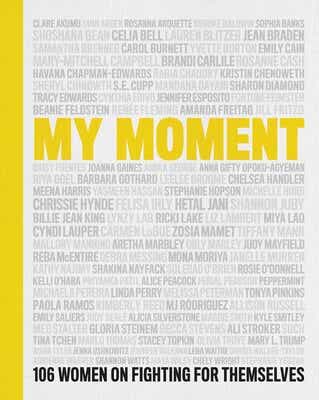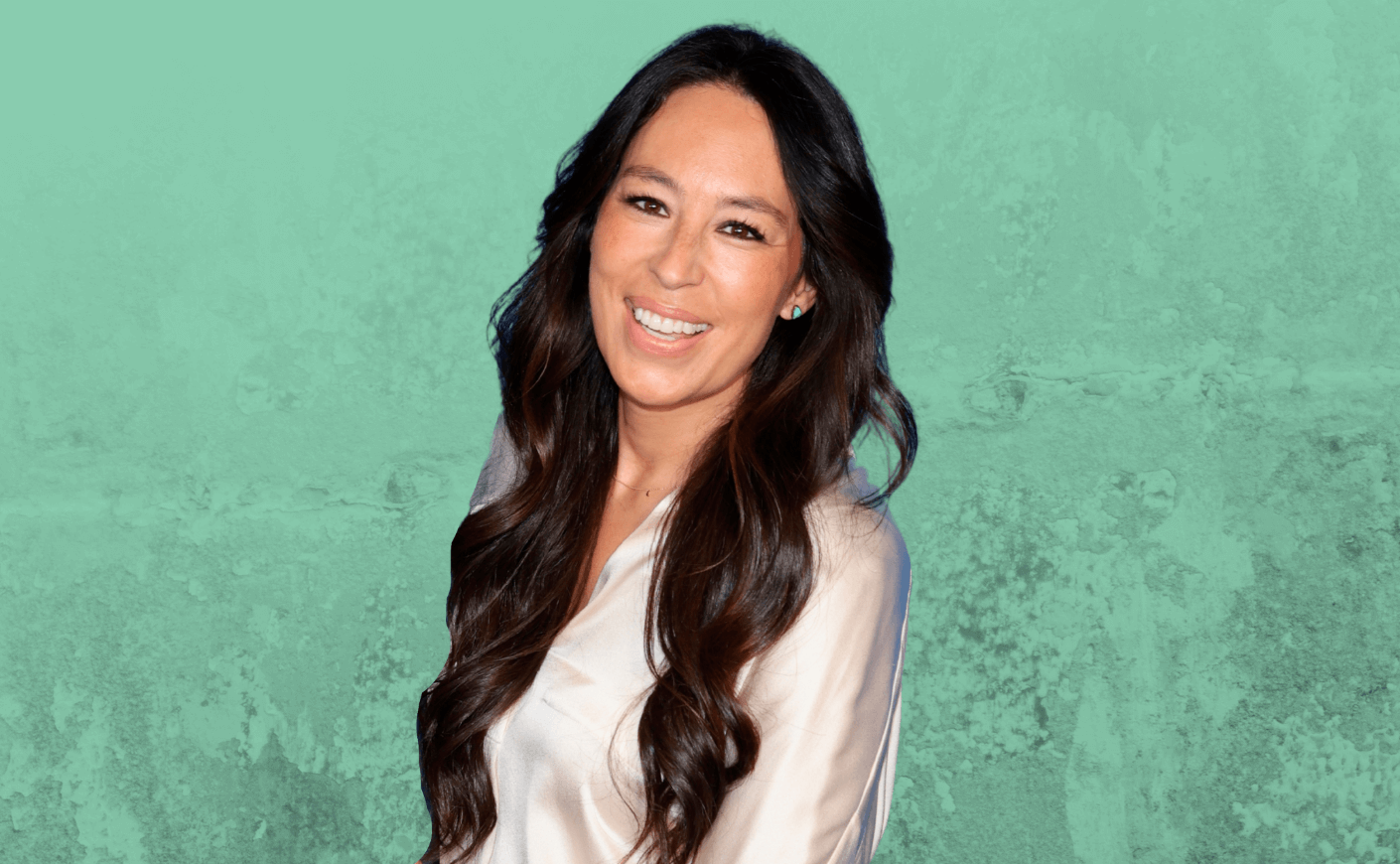Joanna Gaines first hit TV screens in 2013 as half of the husband and wife duo behind the home-makeover show Fixer Upper, on which the pair gave old houses a fresh new look. But the mother of five wasn't always the confident reality star (and expert on "shiplap") so many of us now know and love. Raised in Wichita, KS, Gaines struggled as a kid to fit in, avoid bullying, and — most importantly — to make peace with herself. Here, the author, designer, and media exec shares how she battled "all the lies I’d believed about myself."
As a little girl growing up in suburban Kansas who happened to be half Korean, shy, and a little bit self-conscious, I was teased in the same ways a lot of kids get teased at school. I spent my younger years trying to fit in as best I could, dressing the way the other girls dressed, acting as though I didn’t get their jokes about my slanted eyes or hear their whispers when I’d opt for rice instead of fries in the cafeteria line, telling the other kids my middle name was Ann because it sounded more American than Lea (pronounced Lee).
Yet even the lies I told weren’t as harmful as the lies I’d let take root in my heart: that the person I was made to be wasn’t good enough, that I’d have to learn to push aside the part of my family’s history that didn’t seem like it fit into this world.
I got older, and eventually the teasing stopped, but by then I’d spent so many years hiding half of who I was from a world I thought wasn’t interested that somewhat subconsciously I’d forgotten it was ever a part of me to begin with. It wasn’t until a college internship took me to New York City that I realized I was going to have to fight to reclaim the chapters of my story that I’d shelved for so long.
New York is a mosaic of races, personalities, and cultures. I stepped into that city as a twenty-one-year-old and I’d never seen so many people who looked like me. I’d also never been so homesick. I spent my weekends in Koreatown, as much for the taste and scents and faces that reminded me of my mom as for my growing interest in the rich culture I found there. At first, it was our sameness that comforted me in a place that felt so big and foreign, but then it was the way they lived in the fullness of their culture that drew me back. Finally, I was seeing the beauty of being different and the thrill of being unique. For the first time in maybe forever, I was proud of who I was, and I was realizing that the part of me that is different and that is unique really is the most beautiful part of my story.
I decided to get it all down on paper — listing all the names I’d been called and the ways I’d been poked fun at and all the lies I’d believed about myself on one side, and on the other side I wrote the truth about who I was. The quirky parts, the broken parts, the unique parts. I left New York feeling like a whole person for the first time in my life, believing that every bit of who I am and what I have to offer is mine to hold and to own and to use to make beautiful things in this world.
Lies like the ones I grew up believing about myself rarely disappear forever, and oh, do I wish they would. But I have come to believe that lies will always be worth fighting against, because then what you’re left fighting for is the truth, and that’s the most freeing thing in the world.
Excerpted from My Moment: 106 Women on Fighting for Themselves. Copyright © 2022 by Chely Wright, Lauren Blitzer, Kristin Chenoweth, Kathy Najimy, and Linda Perry. Reprinted by permission of Gallery Books, a Division of Simon & Schuster, Inc.










